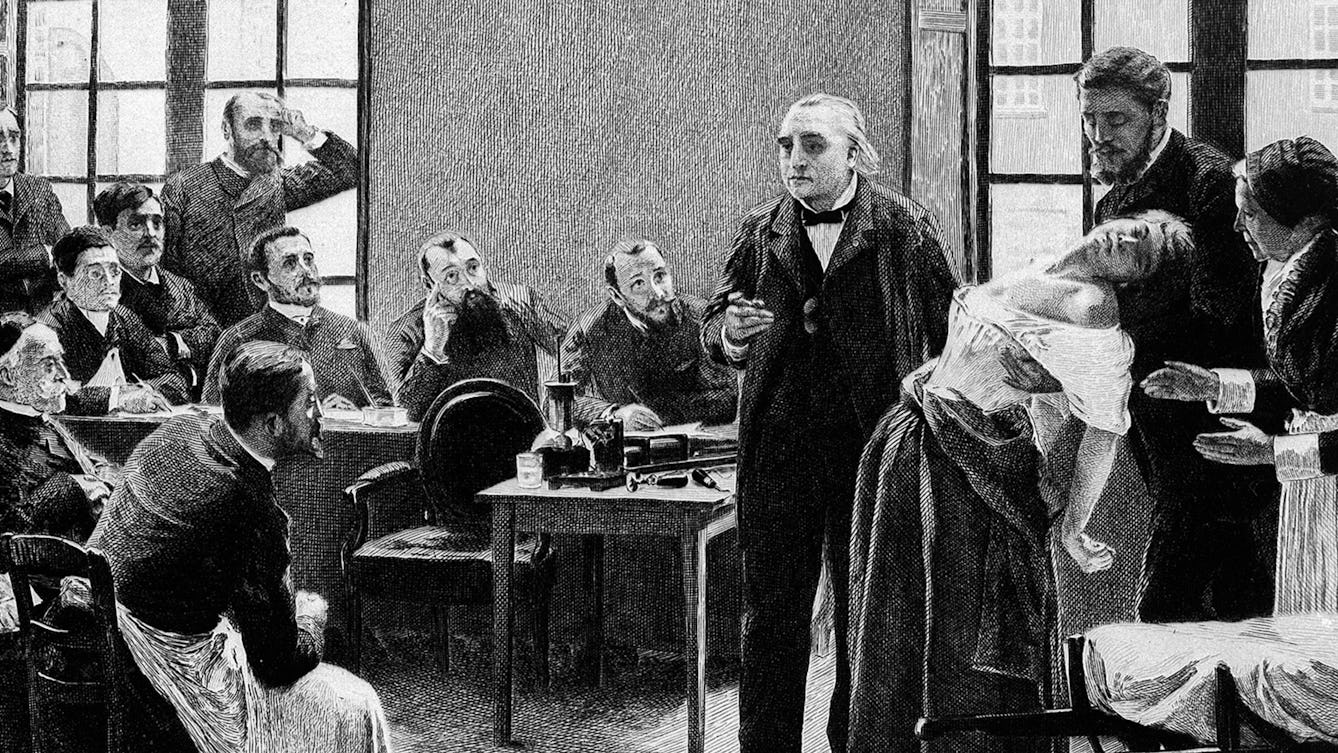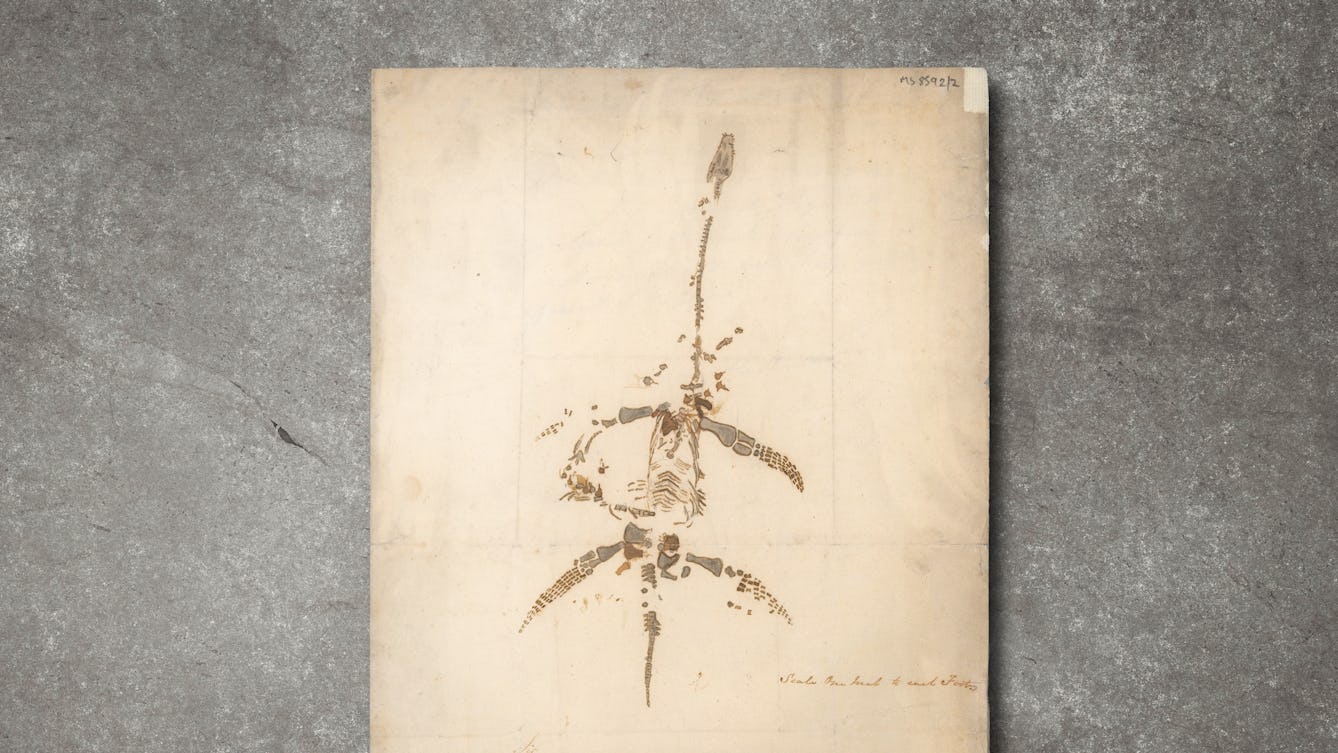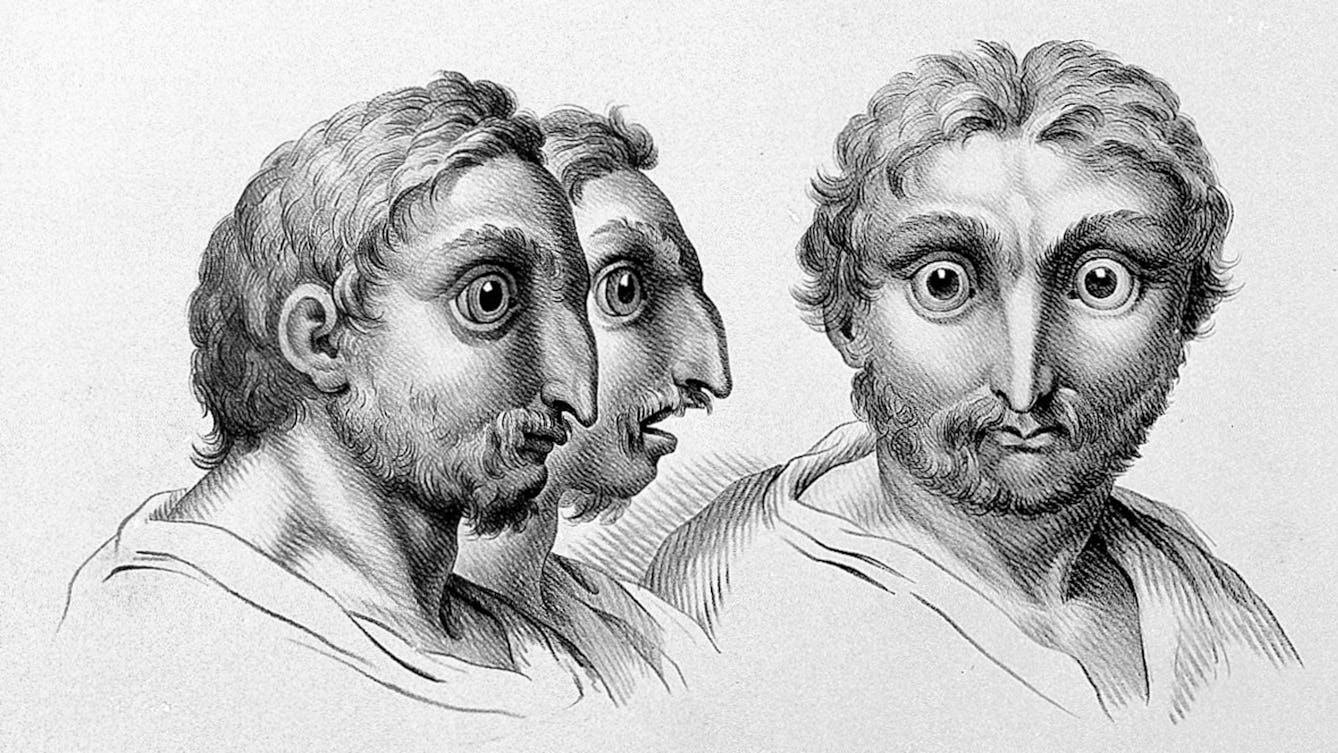
- Book extract
- Book extract
A history of sex for sale
Kate Lister’s cultural history of the sex trade puts sex workers centre stage. In this extract, she argues why the way we write, think and talk about sex work matters.

- Article
- Article
Life before assistive technology
When an inherited condition caused Alex Lee’s vision to deteriorate, he began to discover the technologies that would help him navigate the world around him. Here he describes how his life began to change.

- In pictures
- In pictures
The grape cure
When we bring someone in hospital a bunch of grapes, we don't expect the grapes to work a miraculous cure upon them. But throughout history, wondrous healing powers have been attributed to the humble grape.

- Article
- Article
What is hysteria?
Hysteria has long been associated with fanciful myths, but its history reveals how it has been used to control women’s behaviour and bodies

- Article
- Article
Would you like to buy a dinosaur?
Two remarkable letters and a drawing of a plesiosaur by Mary Anning offer a tantalising portal into the exciting world of fossil hunting and discovery of the 1800s.

- Book extract
- Book extract
The 200-year search for normal people
Sarah Chaney poses the question we’ve likely all asked at some point in our lives: 'Am I normal?’, and explores whether normality even exists.

- Article
- Article
Illuminated manuscripts, illuminating medicines
From rare bugs to exorbitantly priced plant parts, find out more about the artistic and medical uses of pigments from the past.

- Article
- Article
How do advertisers get inside our heads?
Vance Packard exposed techniques of mass manipulation developed by 1950s advertisers that are still at work today in the age of big data.

- Article
- Article
Drawing the human animal
We might try to deny our animal instincts, but this series of extraordinary 17th-century drawings suggests they are only too apparent.

- Article
- Article
Shakespeare and the four humours
Blood. Phlegm. Black bile. Yellow bile. The theory of the four humours informed many of Shakespeare's best-known characters, including the phlegmatic Falstaff.